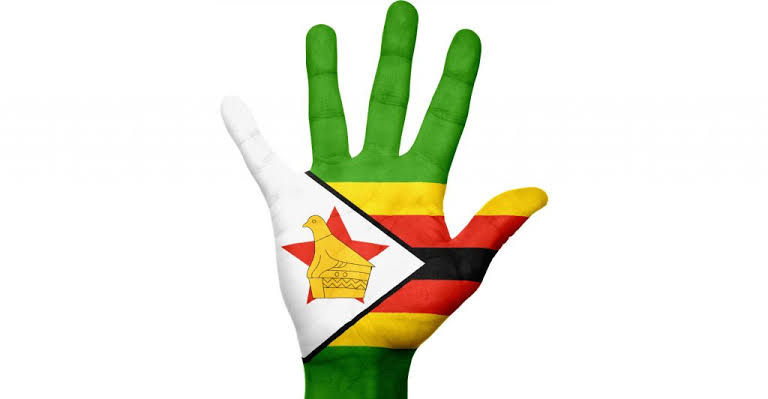Uhuru Wallet and Flexid, two blockchain firms based in South Africa and Zimbabwe, respectively, aim to ease the difficulties faced by migrants when moving money across borders.
Both firms have introduced a platform that offers digital identity and remittance services to migrants living and working in South Africa.
The platform, which both businesses have dubbed the “first cross-chain partnership between the two organizations,” is intended to remove barriers associated with sending money across international borders.
Read also: 105 Programmers Graduate From The Africa Blockchain Center
Flexid and Uhuru Wallet Founders
Uhuru Wallet, introduced in 2020, is a project by 2017-founded Uhuru Innovative Solutions. Also, the Uhuru wallet enables individuals and SMEs to send and receive money using WhatsApp and blockchain technology, which lets users do transactions in a straightforward manner. Uhuru Wallet is based on the Stellar blockchain and stores the uZAR, an asset-backed digital currency pegged to the South African Rand.
With the wallet, those who were previously unbanked or underbanked can make domestic and international payments. Our target market consists of Africans with limited access to financial services who live or work abroad or who own enterprises there.
On the other hand, the founder of Flexid, Victor Mapunga, was unhappy with the way the banking system excluded people who lacked identification cards. In order to address this issue, Mapunga has decided to launch Flexid.
A digital identity wallet for 400 million Africans to access financial, insurance, healthcare, and government services. He is the co-founder and MD of Mutapa, one of Zimbabwe’s fastest-growing e-commerce and finance startups, serving hundreds of merchants and helping businesses expand their markets through a worldwide marketplace.
In order to facilitate social mobility, Flexid wants to create a decentralized marketplace of individuals and a stack of credentials over time. The Algoland Blockchain will be used for everything.
Africa’s Blockchain Potential with Uhuru Wallet and FlexID
Uhuru Wallet Trust CEO and founder Jakarasi said, “We are thrilled to work with FlexID to give our consumers a more streamlined and safe remittance experience.” “We can better serve Zimbabwean immigrants in South Africa by merging our digital identity and remittance service strengths.”
Through the alliance, the two businesses seek to “provide a streamlined and secure remittance experience” for Zimbabwean immigrants. The firms want to address high sending fees, restricted access to formal banking institutions, and identity verification difficulties with this partnership.
Mapunga, Flexid’s CEO, discussed blockchain’s benefits and the need to study it. With blockchain technology, “we can provide a secure and efficient means for users to authenticate their identity and access financial services, no matter where they are.” South Africa sends the most remittances to sub-Saharan Africa. Money transfer services charge 5%–20% to send money to Zimbabwe.
Zimbabwean migrants now employ couriers or unregistered remittance sites because of this cost. Flexid and Uhuru launched this platform to improve Zimbabwean migrants’ options and lower remittance costs.
African digital startups are innovative, as seen by this initiative. Africa’s tech and blockchain future is bright. Future blockchain solutions may address other common difficulties.
Digital assets’ value and importance will rise as blockchain services multiply. Also, the partnership is admirable. Nigeria, Ghana, Senegal, Kenya, and other African IT and blockchain firms can learn from Flexid and Uhuru’s relationship.
